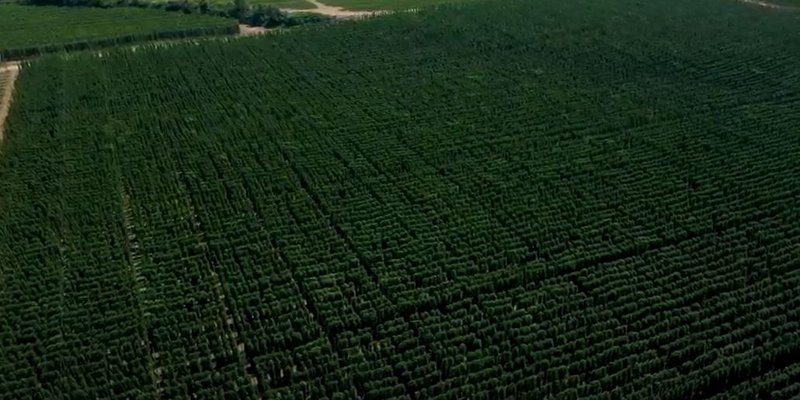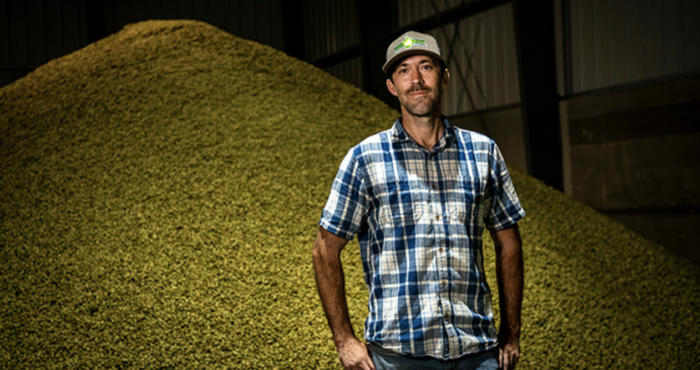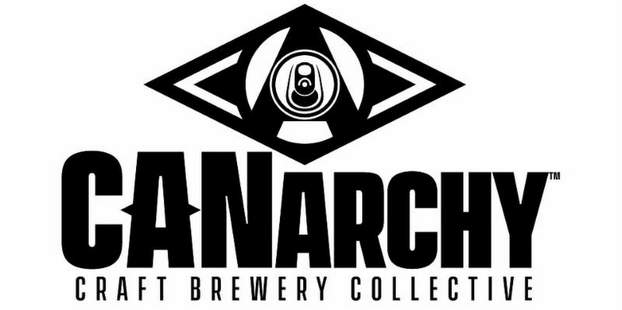
Even though Oregon’s famous Willamette Valley is the hop-growing mecca of the world, the Oregon climate actually poses serious challenges for growing hops. The wet and damp spring means fungal diseases like downy mildew, which means fungicides are often needed to keep crops strong.
This is why the McKenzie C-148 c.v. is cool. It is the first proprietary hop from West Coast Hop Breeding, a collective of family-owned farms, and it is bred specifically to be organically grown in Oregon and is now available for wider distribution via HAAS-BarthHaas.
“Nobody likes having to spray any pesticide, and if we can get away from doing that by breeding and that’s pretty much this long-term solution is breeding away from those problems,” says Pat Leavy, owner of Leavy Farms, who has been dedicated to organic hop breeding since 2007, in the John I Haas video above.
“We’ve taken it from the organic farm and started to grow it conventionally using fungicides and commercial fertilizers,” notes Ben Smith, owner of B&D Farms. “The yield and the growth of the hop is just phenomenal because it was bred to be grown organically so it makes it a healthier hop to begin with.”
There are more sustainability benefits that stem come from being disease resistant, notes Cheyne Fobert, manager of Fobert Farms. “We’re able to limit the number of trips to the field which helps cut back on costs of diesel fuels and pesticides used.” McKenzie also grows full on the bine (which means less work and less fuel) and picks early in the season (which further reduces water and pesticide use).
McKenzie flavors and aroma profile
“It’s got kind of a stone fruit lemon sort of a flavor that’s you know unique to us. We didn’t really have that in our portfolio, so we really like the flavor of it,” says Pete Mahony, VP SCM, purchasing with John I. Haas.
One of the first evangelists of McKenzie was Larry Sidor, founder of Crux Fermentation.
“They gave me 21-pound samples, and with that I made a West Coast IPA beer, and then the following harvest I did a fresh hop beer. We did 200 barrels of that, and it was a huge success, so I’m a I’m a Kinsey hop fan,” Sidor notes. “The aroma profile of McKenzie is I would say layered and complex. … it has quite a bit of floral to it. It has some cedar notes to it. It has some citrus. It’s sort of a Centennial hop on steroids, and so if you like brewing with Centennial you’ll love brewing with McKinsey.”
Brewing trials have revealed it to be a highly versatile hop that works well in lighter style beers, like Lagers, Pilsners, and Kölsch and also blends well in hop-forward IPAs and Hazys with Citra, Mosaic and many other favs. Its light, citrusy and stone fruit aroma and flavor characteristics come through in late kettle additions, or dry hop for wonderful piney aromas in pale ales.





Leave a Reply
You must be logged in to post a comment.